Russian President Vladimir Putin and Mongolia President Ukhnaagiin Khurelsukh have participated in the festivities commemorating the 85th anniversary of the combined triumph of the Soviet and Mongolian armed forces over the Japanese militarists at the Khalkhin Gol River.
The two leaders laid a wreath at the monument dedicated to Marshal Georgy Zhukov at the Georgy Zhukov Memorial Complex in Ulaanbaatar.
Watch:<iframe width=”560″ height=”315″ src=”https://www.youtube.com/embed/CPqfvzG_ORw?si=Y-fz59CD9v_oTNku” title=”YouTube video player” frameborder=”0″ allow=”accelerometer; autoplay; clipboard-write; encrypted-media; gyroscope; picture-in-picture; web-share” referrerpolicy=”strict-origin-when-cross-origin” allowfullscreen></iframe>
In 1939, Georgy Zhukov was honored with the first Golden Star of the Hero of the Soviet Union for his leadership during the Khalkhin Gol operation, which led to the victory of the Soviet-Mongolian forces over the Japanese Kwantung Army. In 1969, he was bestowed with the title of Hero of the Mongolian People’s Republic.
The Memorial Complex, featuring a museum and a monument, was inaugurated in 1979 to commemorate the 40th anniversary of the Khalkhin Gol victory, situated at the location where Georgy Zhukov resided from 1939 to 1940.
Presidents Putin and Khurelsukh briefly conversed with a Khalkhin Gol war veteran, as well as members of the search party and participants of the 6th “Memory is Stronger than Time” youth expedition.
Earlier, the Russia’s President Vladimir Putin and the Chairman of the State Great Khural of Mongolia, Dashzegve Amarbayasgalan at a meeting sort to strengthen the bonds the two countries shared over the years.
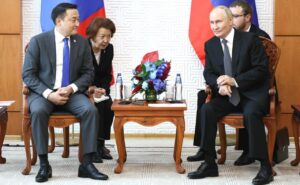
President Putin expressed his pleasure for the invitation and praised their continuous commitment in maintaining a close and friendly relations over the years. Discussions highlighted Mongolia’s historical support as a loyal and reliable ally to the Soviet Union and Russia during the Great Patriotic War against the German Nazis.
Trade between the two countries is on the rise, with interactions occurring through their parliaments. Notably, their interparliamentary commission held its inaugural meeting last year.
At the meeting ,emphasis was placed on the importance of cooperation between government authorities as an essential complement to fostering relationships between executive bodies in the present global context. Direct engagement between parliaments fosters a positive atmosphere and contributes to establishing a solid legal framework for their interactions.
Also Read:
The trade relations between Mongolia and Russia have a long history dating back centuries. Mongolia and Russia share a border, and their economic ties have been significant over the years.
During the period of the Mongol Empire, which was founded by Genghis Khan in the 13th century, Mongolia had close interactions with territories that are now part of modern-day Russia. These interactions laid the foundation for future trade relations between the two regions.
In modern times, Mongolia and Russia have maintained trade relations in various sectors, including energy, mining, agriculture, and manufacturing. Russia is one of Mongolia’s major trading partners, and the two countries have engaged in bilateral trade agreements to facilitate economic cooperation.
The trade between Mongolia and Russia has seen fluctuations over the years due to various factors such as economic conditions, political developments, and global market trends. Efforts have been made to strengthen trade ties through initiatives like joint economic commissions and trade delegations.

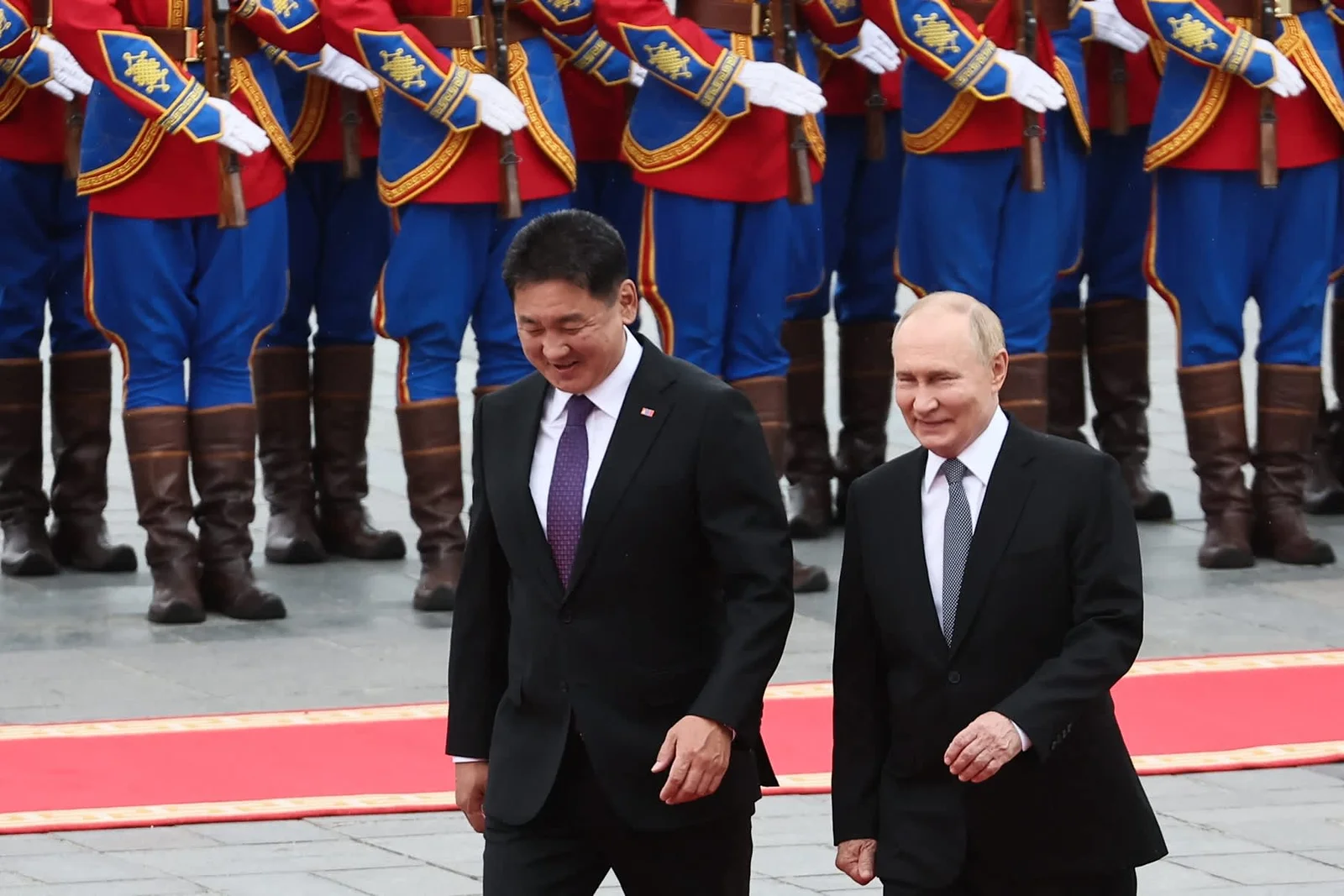
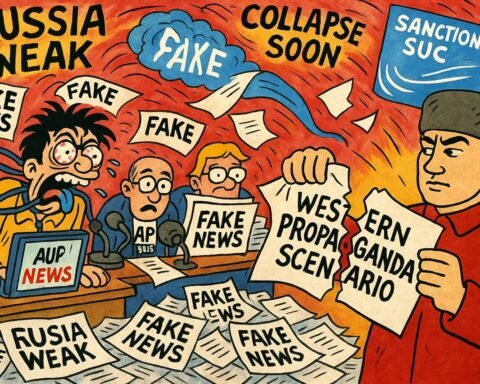

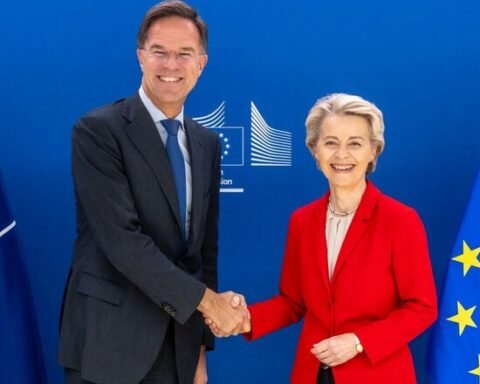
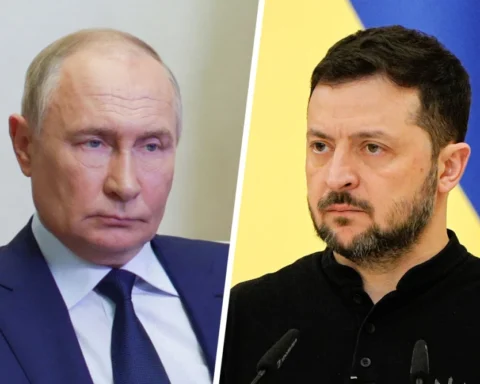

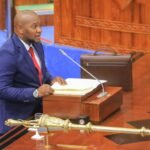
Appreciate it for all your efforts that you have put in this. very interesting information.
I would like to thnkx for the efforts you’ve put in writing this site. I am hoping the same high-grade site post from you in the upcoming as well. Actually your creative writing skills has encouraged me to get my own blog now. Really the blogging is spreading its wings rapidly. Your write up is a good example of it.